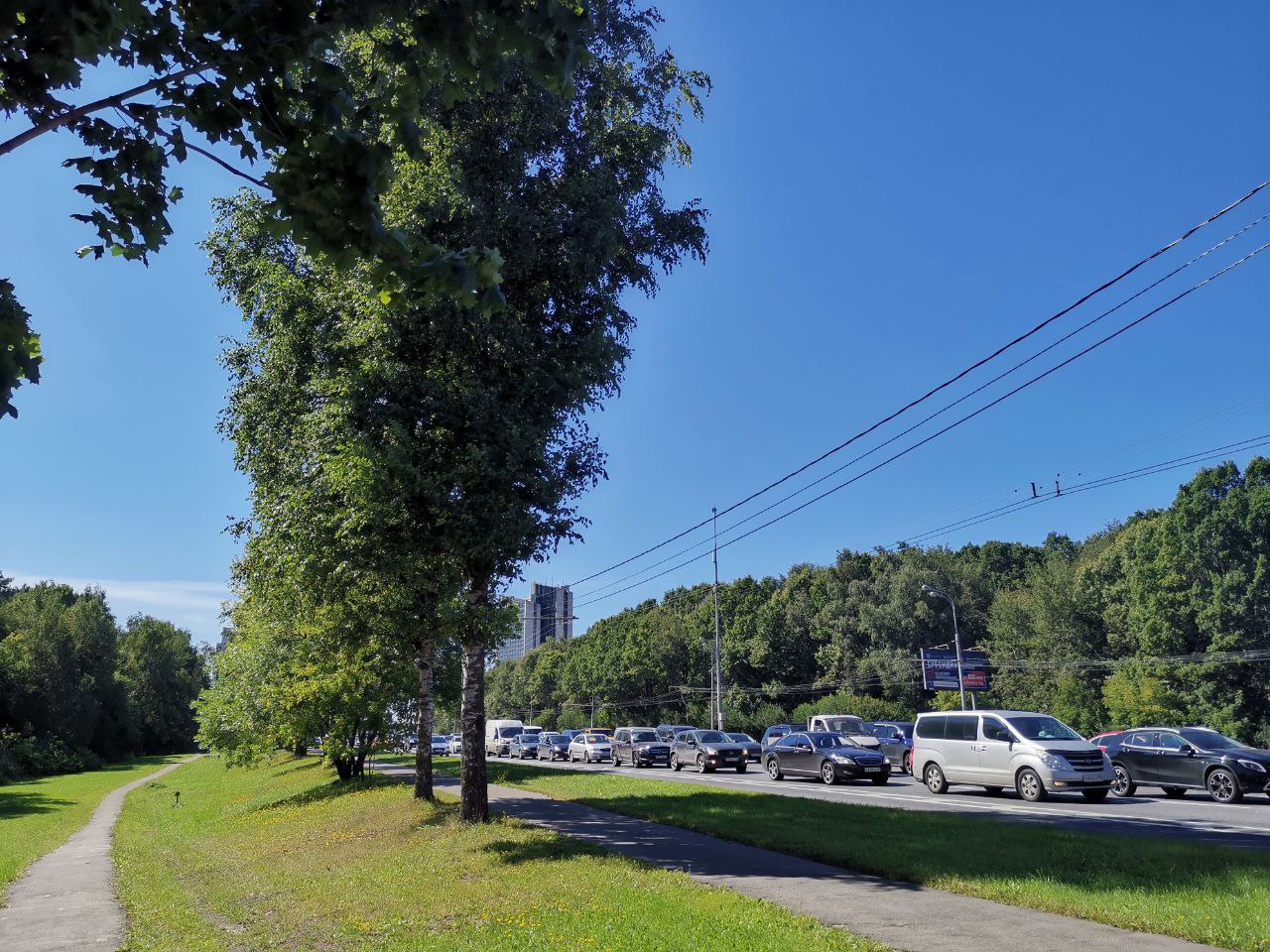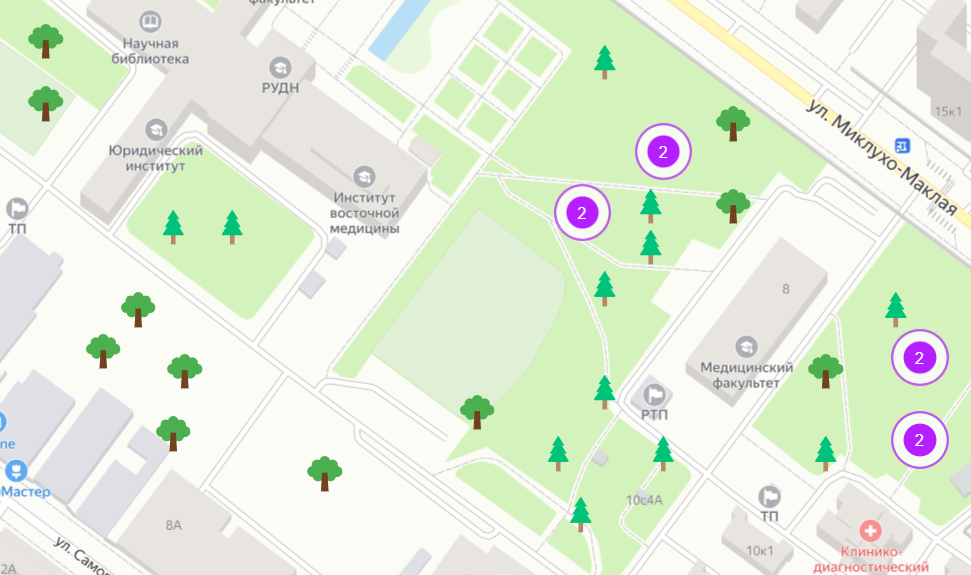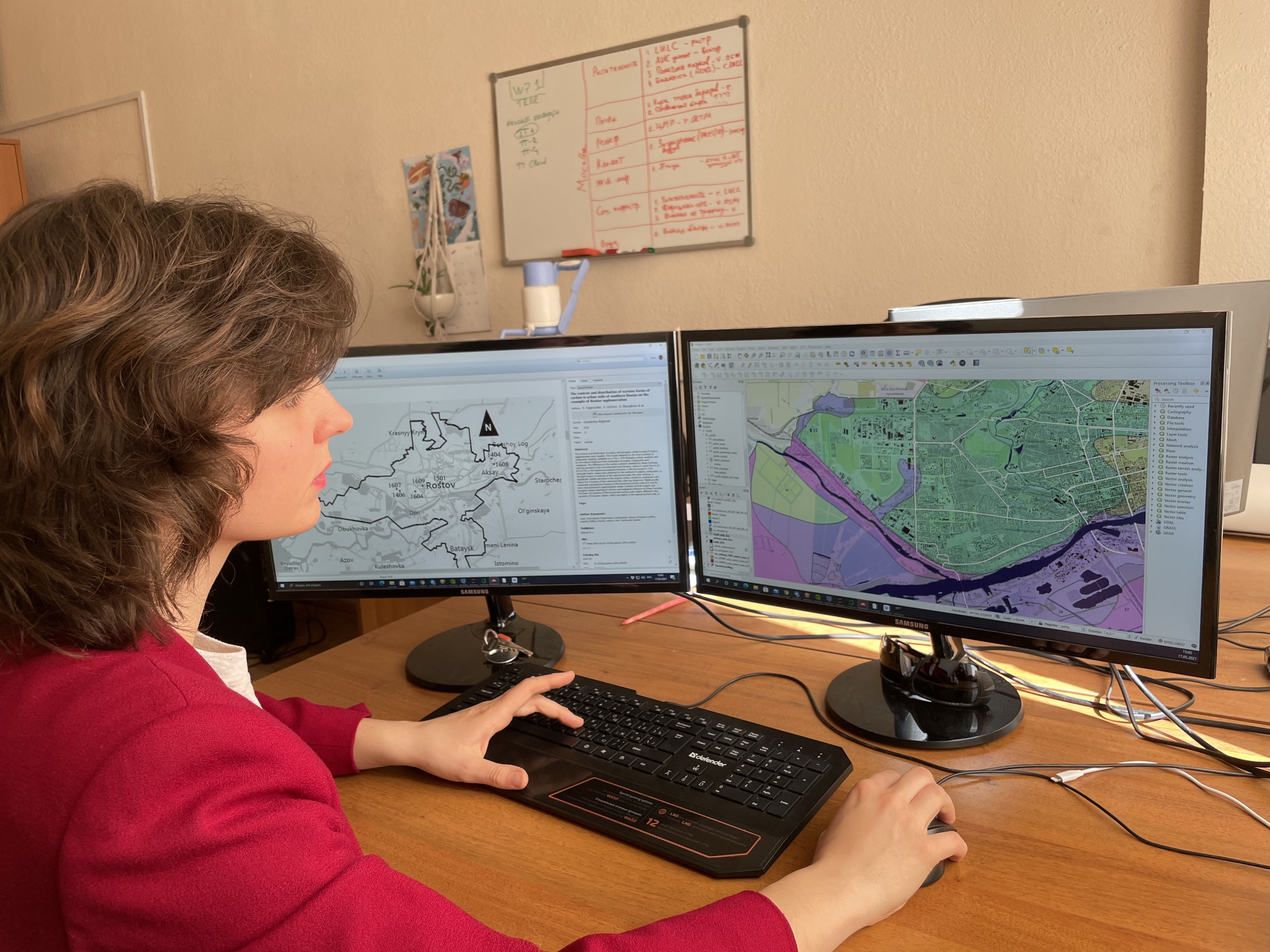Scientists from the Smart Urban Nature laboratory, in collaboration with colleagues from the Netherlands and Italy, have shown that microbial communities living on the surface of leaves are sensitive to transport pollution. With the approach to highways, the activity of microorganisms increases, their species diversity decreases, and the proportion of conditionally pathogenic forms increases. These changes are associated with an increased concentration of pollutants (mainly Zinc) and microclimatic conditions near the roads: low humidity, high temperature and ultraviolet radiation. It is important to note that the study of plant microorganisms will help assess the ecological state of nature in the city and their possible impact on human health. Article published in Plants (Q1) journal. The research was partly supported by Russian Foundation for Basic Research (RFBR) and Russian Science Foundation (RSF).
SUN Lab presented the results of the third year of the SUN project
SUN Lab presented the results of the third year of the project “Smart technologies to monitor, model and evaluate ecosystem services provided by urban green infrastructure and soils to support decision making in sustainable city development under global changes”, supported by a Russian Science Foundation (RSF).
Research in the third year of the project was focused on 3 main objectives:
- monitoring of ecosystem services of urban green infrastructure based on the Smart Urban Nature network;
- interpretation of monitoring data for ecosystem services for various target groups and practical tasks;
- application of the results of monitoring and modeling ecosystem services to support decision-making in the field of sustainable development of the urban environment.
SUN researchers examined how urban development has increased soil carbon stocks
The team of scientists of SUN Lab (RUDN University) in collaboration with scholars from Moscow State University and Southern Federal University got their article “Projecting the urbanization effect on soil organic carbon stocks in polar and steppe areas of European Russia by remote sensing” published in Geoderma, the global journal of Soil Science. The research was supported by a grant from the Russian Science Foundation (RSF).
With the help of satellite images and archival data, our scholars have established the mechanisms of the impact of urbanization on the state of soils in the forest-tundra and steppe zones. Previously, it was commonly believed that covering the soil with asphalt, concrete and other impermeable materials leads to an overall decrease in carbon stocks in soils of urban areas. But it was revealed that in Murmansk and Rostov-on-Don, the total carbon stocks in a meter layer of the earth have significantly increased due to the development of urban green infrastructure.



